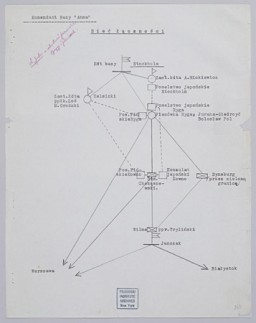You searched for: 活期理财系统源码定制开发【TG���������@EK7676】平台包网搭建活期理财系统源码定制开发【TG���������@EK7676】平台包网搭建1gdLC6KweS
<< Previous | Displaying results 391-400 of 652 for "活期理财系统源码定制开发【TG���������@EK7676】平台包网搭建活期理财系统源码定制开发【TG���������@EK7676】平台包网搭建1gdLC6KweS" | Next >>
-
Death Marches
ArticleAs Allied forces approached Nazi camps in the last months of WWII, the SS organized brutal “death marches” (forced evacuations) of concentration camp inmates.
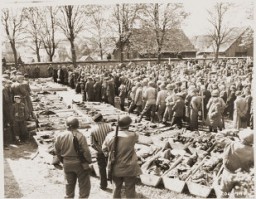
-
Lublin/Majdanek Concentration Camp: Administration
ArticleIn 1940, the Nazis established Lublin (Majdanek) concentration camp in Lublin, Poland. Learn more about camp administration.
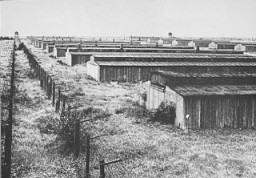
-
German Foreign Policy, 1933–1945
ArticleAdolf Hitler came to power with the goal of establishing a new racial order in Europe dominated by the German “master race.” This goal drove Nazi foreign policy. Learn more
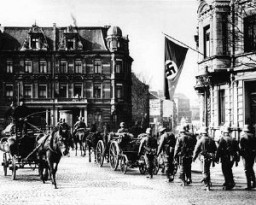
-
Kindertransport, 1938–40
ArticleKindertransport refers to a series of rescue efforts between 1938 and 1940 that brought thousands of refugee children to Great Britain from Nazi Germany.

-
The Kielce Pogrom: A Blood Libel Massacre of Holocaust Survivors
ArticleThe Kielce pogrom was a violent massacre in the town of Kielce, Poland in 1946. Learn more about the events that led up to the attack and the aftermath.
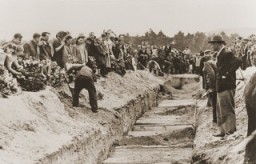
-
Nazi Persecution of Jehovah's Witnesses
ArticleJehovah's Witnesses were subjected to intense persecution under the Nazi regime. Read more to learn why and how the Nazi regime targeted them.
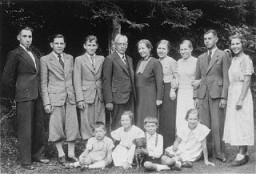
-
Berlin
ArticleBerlin was home to Germany’s largest Jewish community. It was also the capital of the Third Reich and the center for the planning of the "Final Solution."
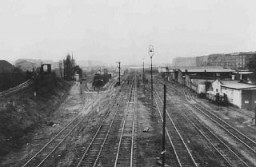
-
German Jewish Refugees, 1933–1939
ArticleLearn more about the plight of Jewish refugees who attempted to escape Germany between 1933 and 1939.
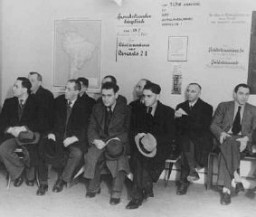
-
Escape from German-Occupied Europe
ArticleMany Jews sought to leave Germany after the Nazi rise to power. After WWII began, escape from areas under Nazi control became increasingly difficult or impossible.
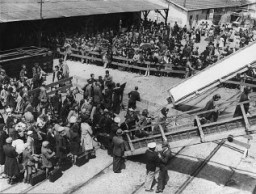
-
Chiune (Sempo) Sugihara
ArticleJapanese diplomat Chiune (Sempo) Sugihara was recognized as a "Righteous Among the Nations" for his aid to refugees in Lithuania during World War II.
